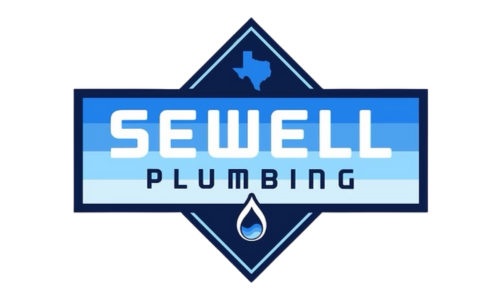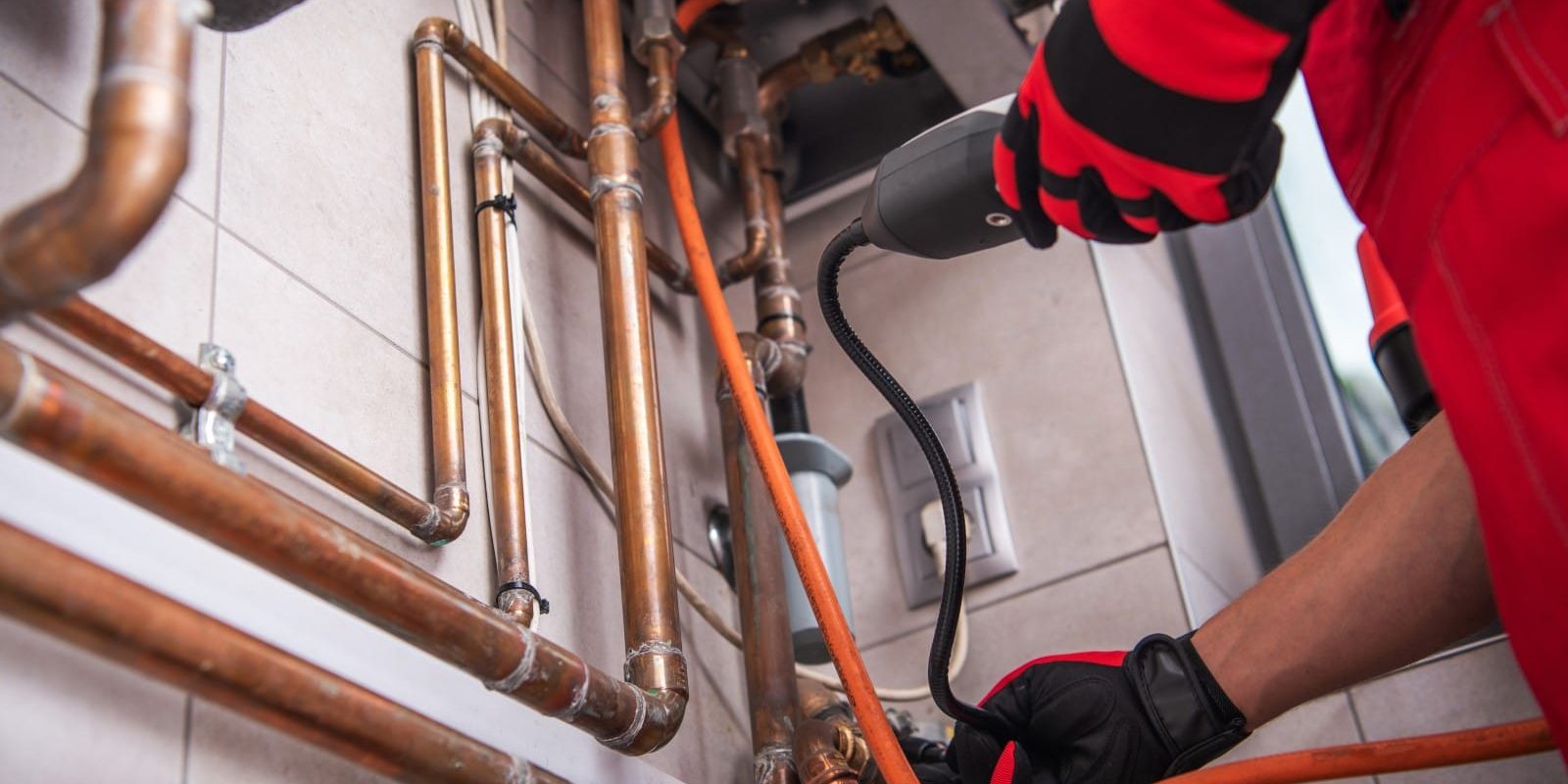Gas leaks in residential settings pose serious risks that can jeopardize both safety and property. Understanding how to address and prevent these leaks is crucial for every homeowner. This guide on residential gas leak repair will walk you through everything you need to know, from identifying leaks to performing repairs and ensuring long-term safety.
Understanding Gas Leaks
What is a Gas Leak?
A gas leak occurs when gas escapes from its intended containment, such as pipes or appliances, into the surrounding area. In residential settings, this often involves natural gas or propane. Leaks can result from various issues, including damaged pipes, faulty appliances, or improper installation. Prompt detection and repair are essential to prevent dangerous situations.
Causes of Gas Leaks
Gas leaks can be caused by a variety of factors. Faulty appliances and connections are common culprits, where wear and tear or poor installation can lead to leaks. Corrosion, which can affect metal pipes and connections over time, is another significant cause. Regular maintenance is crucial to mitigate these risks and ensure the integrity of your gas system.
Dangers of Gas Leaks
The dangers associated with gas leaks are substantial. Health risks include exposure to toxic gases, which can cause symptoms ranging from headaches to respiratory issues. Additionally, gas leaks pose a severe fire and explosion hazard, which can lead to significant property damage and endanger lives. Awareness of these dangers underscores the importance of timely residential gas leak repair.
Identifying Gas Leaks
Signs of a Gas Leak
Recognizing the signs of a gas leak is vital for early detection and prevention. A strong smell of gas, often described as a rotten egg odor, is a primary indicator. You may also hear hissing or whistling sounds near gas lines. Dead or discolored vegetation around the area of the leak can also signal a problem, as gas can kill plants.
Using Detection Tools
Detection tools play a critical role in identifying gas leaks. Gas leak detectors are designed to sense the presence of gas and provide early warnings. While home gas detectors are suitable for basic monitoring, professional-grade equipment offers more precise detection. Using these tools can help you quickly locate and address leaks before they escalate.
When to Call a Professional
Certain situations require professional intervention for residential gas leak repair. If you detect a strong gas odor, hear unusual sounds, or find significant damage, it’s crucial to contact a professional immediately. Professionals have the expertise and equipment needed to conduct a thorough assessment, identify the source of the leak, and perform effective repairs. Their involvement ensures that the issue is addressed safely and comprehensively.
Immediate Actions for Gas Leak Situations
Safety Precautions
If you suspect a gas leak, taking immediate safety precautions is essential. Evacuate the area promptly, ensuring that all occupants and pets are safely outside. Avoid creating sparks or open flames, as these can ignite the gas. Turn off the gas supply at the main valve if it’s safe to do so, but only if you can do it without risking ignition or further harm.
Contacting Emergency Services
In the event of a suspected gas leak, contact emergency services right away. Provide them with detailed information about the situation, including the location of the leak and any symptoms or signs you’ve observed. While waiting for help, avoid using electrical switches or appliances, as these can trigger a spark. Emergency services will guide you through the necessary steps and provide professional assistance.
Temporary Fixes
While waiting for professional help, you can perform temporary fixes to manage the situation. Methods for temporary containment include sealing minor leaks with appropriate sealants or using duct tape as a short-term solution. However, these measures are only stopgap solutions, and professional repair is essential to ensure a permanent and safe resolution.
Gas Leak Repair Process
Initial Inspection
A professional inspection is the first step in addressing a gas leak. During this phase, the technician will use specialized tools to locate the source of the leak and assess the extent of the damage. They will check pipes, connections, and appliances to determine the cause of the leak and the best approach for repair. This thorough inspection is crucial for effective residential gas leak repair.
Repairing the Leak
Repairing a gas leak involves several techniques depending on the type and severity of the leak. Common methods include replacing damaged pipes or connections, sealing joints, or fixing faulty appliances. The repair process aims to restore the integrity of the gas system and ensure that no further leaks occur. Post-repair testing is conducted to confirm that the issue has been resolved and that the system is safe.
Post-Repair Checks
After completing the repair, it is essential to conduct post-repair checks to ensure that the gas leak has been fully resolved. The technician will recheck the repaired areas for any residual leaks and test the entire system to confirm its safety. Final safety measures may include verifying the functionality of gas detectors and ensuring that all gas appliances are operating correctly.
Preventing Future Gas Leaks
Regular Maintenance
Routine maintenance is key to preventing future gas leaks. Schedule regular inspections of your gas system by a qualified technician to identify potential issues before they become serious problems. Regular maintenance includes checking for signs of wear and tear, and corrosion, and ensuring that all connections and appliances are functioning correctly.
Upgrading Equipment
Upgrading your gas equipment can significantly reduce the risk of leaks. Modern appliances and gas systems are designed with improved safety features and better reliability. Replacing old or outdated equipment with newer models can enhance safety and efficiency, reducing the likelihood of leaks and ensuring a more reliable gas system.
Safety Tips and Best Practices
Educating household members about gas safety is crucial for prevention. Install and maintain gas detectors throughout your home to provide early warnings of potential leaks. Develop a gas leak response plan, ensuring that everyone knows the steps to take in case of a gas leak. These practices contribute to a safer home environment and help prevent gas-related incidents.
Cost of Gas Leak Repairs
Typical Repair Costs
The cost of residential gas leak repairs can vary widely depending on several factors. On average, repairs can range from $500 to $2,500, with costs influenced by the severity of the leak, the location, and the required repairs. Minor repairs, such as sealing small leaks, are generally less expensive than major repairs involving pipe replacements or extensive damage.
Budgeting for Gas Leak Maintenance
Setting aside a budget for gas leak maintenance is a prudent approach to managing repair costs. Regular inspections and preventive maintenance can help identify issues early and prevent costly repairs. By budgeting for maintenance, you can ensure that you have the resources available to address any problems promptly and maintain the safety of your gas system.
Insurance Considerations
Home insurance policies often cover residential gas leak repairs, but coverage details can vary. Review your policy to understand what is covered and the process for filing a claim. When dealing with insurance companies, ensure that you provide accurate information and documentation related to the repair. Understanding your coverage can help you manage repair costs effectively and avoid unexpected expenses.
Common Myths About Gas Leaks
Myth: Gas Leaks Are Always Obvious
One common myth is that gas leaks are always easy to detect. In reality, some leaks can be subtle and may not produce strong odors or noticeable signs. Regular inspections and the use of detection tools are essential for identifying leaks that may not be immediately obvious, ensuring that you address potential issues before they escalate.
Myth: DIY Repairs Are Always Safe
Another misconception is that DIY repairs for gas leaks are always safe and effective. However, residential gas leak repairs often require specialized knowledge and equipment. Attempting repairs without professional expertise can lead to incomplete fixes or exacerbate the problem. Professional intervention ensures that repairs are conducted safely and in compliance with regulations.
Myth: Gas Leaks Are Rare and Unlikely
Some homeowners believe that gas leaks are rare and unlikely to occur. However, gas leaks are more common than many people realize, and they can result from various factors, including aging infrastructure and equipment. Regular maintenance and vigilance are essential to prevent gas leaks and ensure the safety of your home.
Frequently Asked Questions (FAQs)
- How can I detect a gas leak in my home?
Detecting a gas leak involves using your senses and detection tools. Look for the smell of gas, listen for hissing sounds, and use gas leak detectors for more precise detection.
- What should I do if I smell gas in my home?
If you smell gas, evacuate the area immediately, avoid using electrical switches or open flames, and turn off the gas supply if possible. Contact emergency services for assistance.
- How do professionals repair a gas leak?
Professionals repair gas leaks by inspecting the system, identifying the source of the leak, and using appropriate techniques such as pipe replacement or sealing to address the issue.
- How often should I have my gas system inspected?
It is recommended to have your gas system inspected at least once a year or more frequently if you notice any signs of issues. Regular inspections help prevent potential problems.
- Are gas leak repairs covered by home insurance?
Many home insurance policies cover residential gas leak repairs, but coverage details vary. Review your policy and consult with your insurance provider to understand your coverage and claims process.
- What are the risks associated with gas leaks?
Gas leaks pose health risks such as poisoning and respiratory issues, as well as fire and explosion hazards. Proper detection and repair are crucial to mitigating these risks.
- Can I perform a temporary fix for a gas leak?
Temporary fixes, such as sealing minor leaks, can help manage the situation until professional repair is completed. However, a permanent fix by a professional is necessary for long-term safety.
- How much does gas leak repair typically cost?
Gas leak repair costs vary depending on the severity of the leak and required repairs. On average, costs range from $500 to $2,500, with higher costs for major repairs.
- What are the common causes of gas leaks?
Common causes include faulty appliances, corroded pipes, and improper installation. Regular maintenance and timely repairs help prevent these issues.
- How can I improve gas safety in my home?
Improve gas safety by educating household members, installing and maintaining gas detectors, and scheduling regular inspections and maintenance for your gas system.
Conclusion
Residential gas leak repair is a critical aspect of home safety that requires vigilance and prompt action. Understanding how to identify, address, and prevent gas leaks helps protect your home and loved ones from the dangers associated with gas leaks. Regular maintenance, professional repairs, and adherence to safety practices are essential for maintaining a safe and functional gas system in your home.







